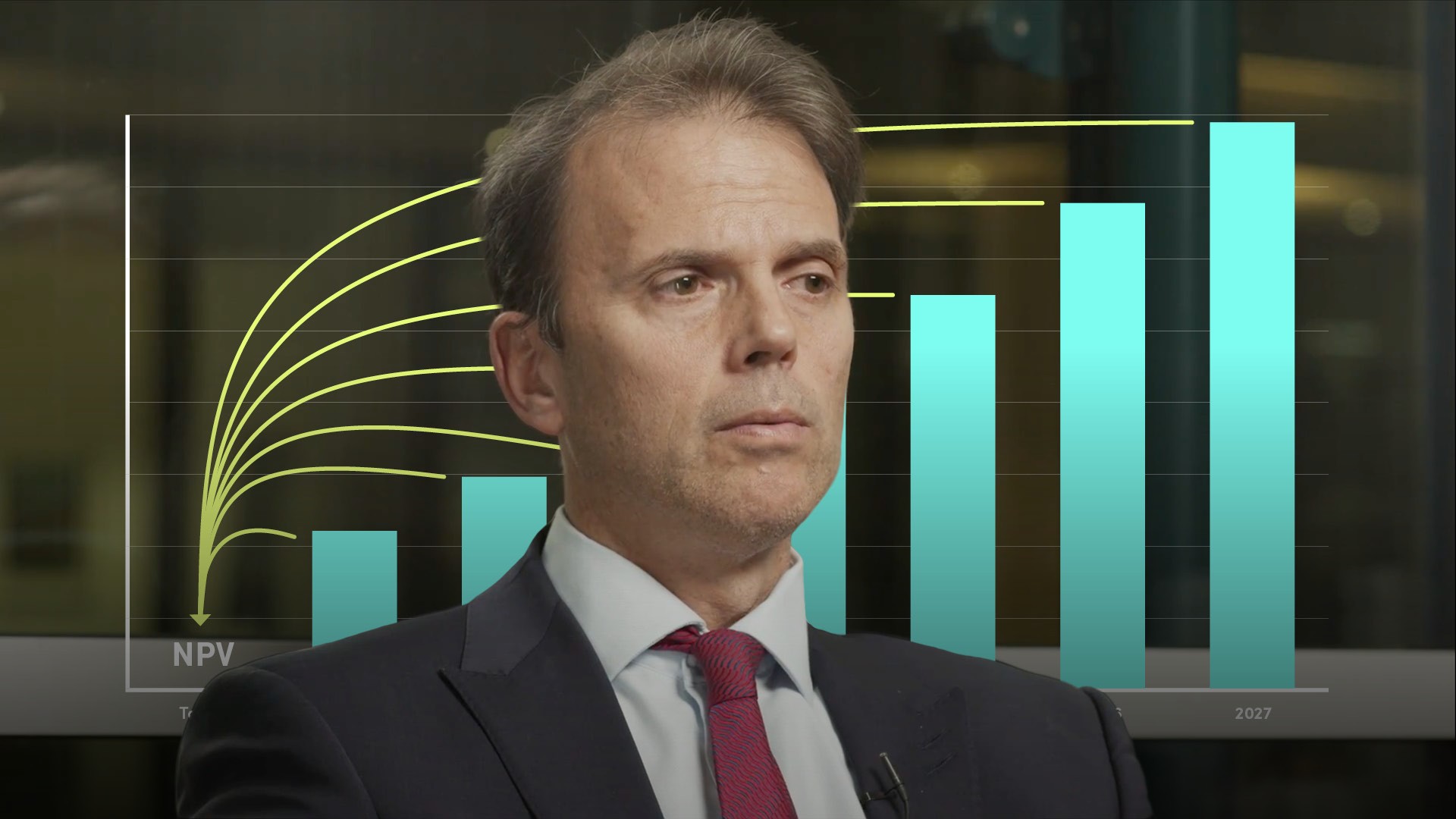
What is Equity?

James Eves
30 years: Equity capital markets
‘Equity’ has many meanings. In this discussion, James focuses on the most common financial market reference. In this video, James explains what shares and shareholders are, and how a shareholder can trade shares.
‘Equity’ has many meanings. In this discussion, James focuses on the most common financial market reference. In this video, James explains what shares and shareholders are, and how a shareholder can trade shares.
Subscribe to watch
Access this and all of the content on our platform by signing up for a 7-day free trial.

What is Equity?
6 mins 2 secs
Equity has many meanings, however, the most common financial markets reference is usually about shares. These refers to units of ownership in a company which payout dividends to shareholders - the owners of shares.
Key learning objectives:
Define shares
Describe a shareholder
Define dividends
Subscribe to watch
Access this and all of the content on our platform by signing up for a 7-day free trial.
What are shares?
A share represents a fractional ownership of a company. A company that has several owners holding shares is typically a joint-stock company.What is a shareholder?
A shareholder is an individual or an entity owning one or more shares in a joint-stock company.What is a public company?
A public company is one that has ‘gone public’ i.e. is listed on a stock exchange; having done an Initial Public Offering (IPO).What are some of the characteristics of shareholders?
- Own both public and private companies
- Rights to vote on election of directors
- Rights to vote on the distribution of the companies income
What is trading shares?
For a share to be publicly traded, it needs to be listed on a regulated stock exchange or market. Each stock market has different rules for being listed. For a new company, the typical way to be listed is through an IPO.What are the benefits of a stock exchange?
- Provides access to a much wider audience of potential shareholders
- Provides access to capital to fund and grow a business
- Gives the owners an ability to better value their existing shareholdings
- Gives investors the chance to share in the profits of companies; either through dividends or selling shares if the share price has increased above their purchase price
What are dividends?
A dividend is a payment made by a company to its shareholders, usually as a distribution of profits. When a company makes a profit, it can reinvest this in the business (retained earnings) or it can pay some or all of it to shareholders as a dividend. They are usually paid as a fixed amount of cash per share, on a fixed schedule. In the US, dividends are usually paid quarterly, but often semi-annually in the UK and annually in Europe. The payment of a dividend is approved by the shareholders, at the Annual General meeting.How do we calculate the dividend payout ratio?
Dividend payout ratio = dividends per share / earnings per share. So a company with a 50% payout ratio is paying half of its profits as dividends to shareholders, and keeping the other half as retained earnings in the company.Why is it important to know the dividend dates?
When a share trades, a day will not only be fixed for the actual payment, but also, in advance of the payment date, the last day is determined when you can buy the shares and still receive the upcoming dividend - when the shares are “cum” or with dividend. The next day of trading will be “ex” or without the dividend.How do we calculate the dividend yield?
Dividend yield - cash amount of the dividend / price of the share. So for instance, a company has shares that trade at £100 and are paying a £5 dividend, the dividend yield = 5%.Subscribe to watch
Access this and all of the content on our platform by signing up for a 7-day free trial.

James Eves
There are no available videos from "James Eves"






















